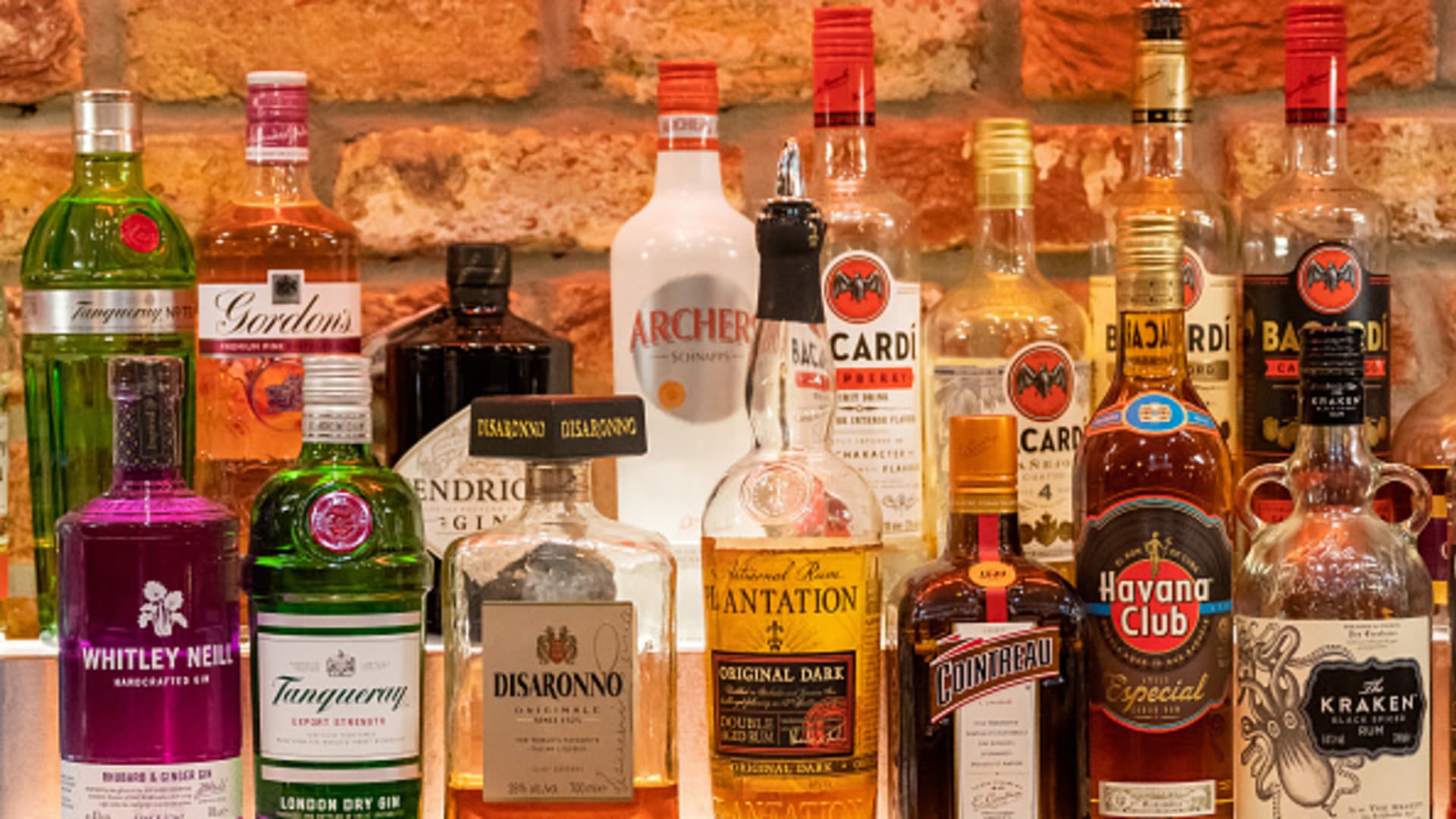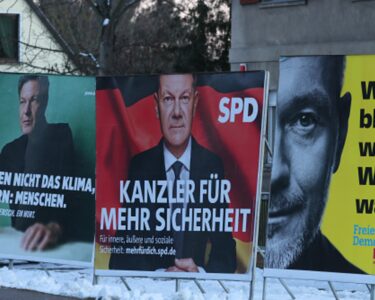Saudi Arabia has opened its first alcohol store in the diplomatic quarter of its capital Riyadh, two sources told CNBC.
The news, which has not been officially confirmed by the Saudi government, marks a major breakthrough for the highly conservative Muslim theocracy where alcohol has been banned since 1952.
According to a list of store rules seen by CNBC, the venue is only accessible to non-Muslim diplomats, and authorization must be validated through an app called Diplo.
No guests or people under the age of 21 are allowed to accompany authorized visitors to the store, photography is strictly prohibited and mobile phones need to be kept in secure “mobile pouches” so as not to be used while in the store. Purchases are also subject to a monthly quota system per registered individual.
Rumors have abounded for years that the Gulf kingdom, known for its ultraconservative laws, would eventually allow alcohol outside of foreign embassies as part of its broader campaign to liberalize Saudi society and draw more international tourists and expats. A shop in the diplomatic quarter is a small step in that direction, one Saudi consultant close to the kingdom’s royal court told CNBC.
“It’s a baby step to opening up alcohol sales to non-Muslims in Saudi Arabia eventually, to hotels and other venues,” said the consultant, who requested anonymity due to the sensitivity of the topic.
They added that one key objective is “to deal with the smuggling problem that we’ve always had with diplomats.” Foreign embassy staff, who are able to import alcohol to be kept on embassy premises, are known in Saudi Arabia to often import booze in large quantities and then sell it on the black market.
A Western diplomat based in Riyadh, who requested anonymity due to professional restrictions, said that their colleagues had already visited the store and that it is “extremely well stocked.”
CNBC has contacted Saudi Arabia’s ministries of media and foreign affairs for comment.
Saudi Arabia has undergone seismic change both socially and economically in the years since the young Crown Prince Mohammed bin Salman, now the kingdom’s de-facto ruler, came to power.
His brainchild, Vision 2030, is a multitrillion-dollar campaign to remake the Gulf country’s image, attract tourism and diversify its economy away from oil.
The kingdom has seen a series of liberalizing reforms implemented since Crown Prince Mohammed came to power, with Saudi Arabia allowing previously banned things like women driving, movie theaters and concerts, while simultaneously cracking down on dissent and imprisoning political activists.
Don’t miss these stories from CNBC PRO:





